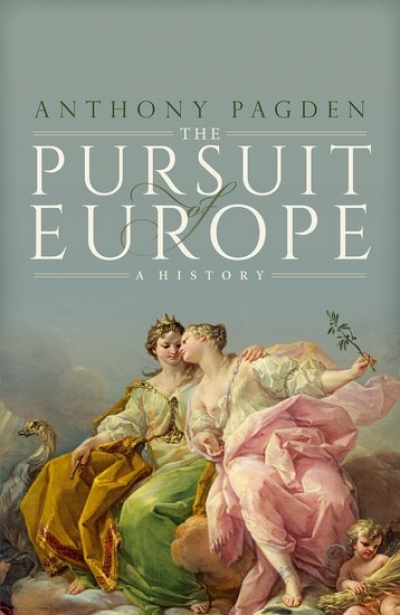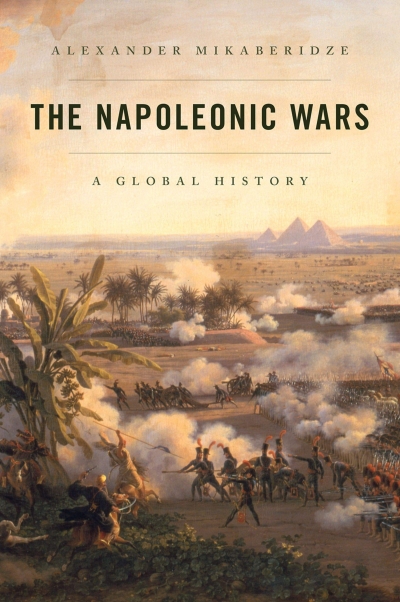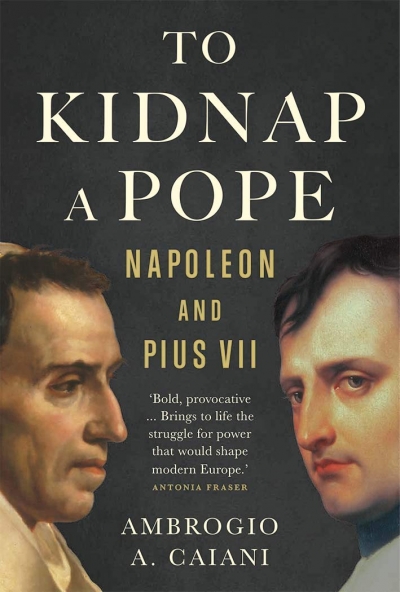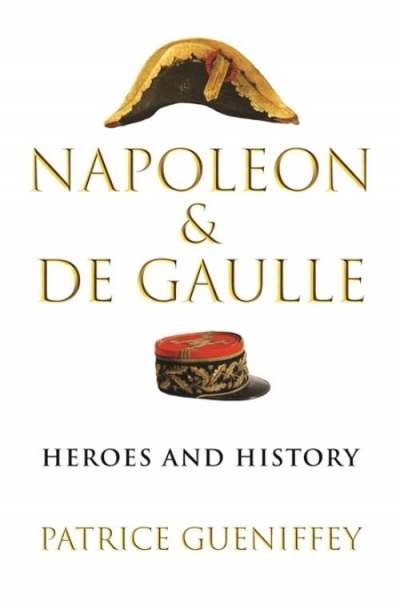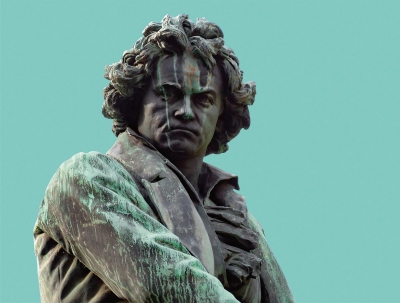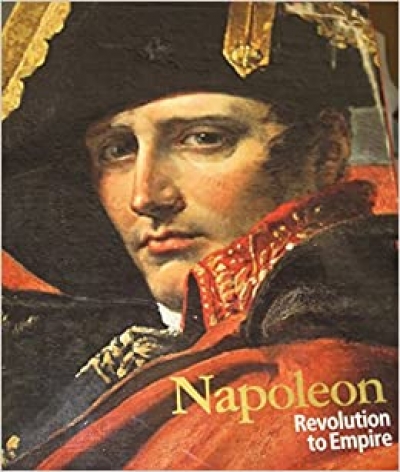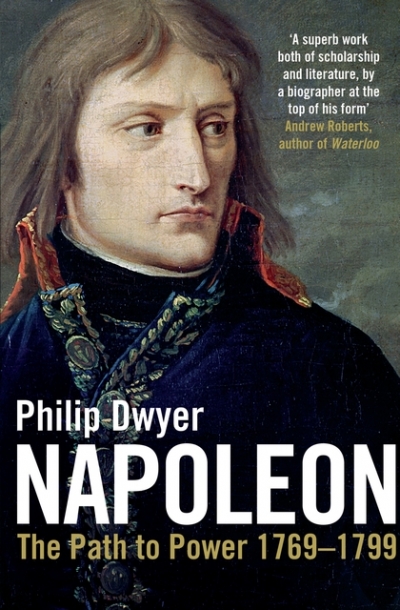Napoleon
To Kidnap a Pope: Napoleon and Pius VII by Ambrogio A. Caiani
Napoleon and de Gaulle: Heroes and history by Patrice Gueniffey, translated by Steven Rendall
The Sound of History: Beethoven, Napoleon and Revolution
Towards the end of last year, in advance of the 250th anniversary of the birth of Ludwig van Beethoven, a US-based musicologist caused a stir by suggesting that we should mark the occasion by following Chuck Berry’s advice and let Beethoven roll over, at least for a year. The declining social capital afforded to such ‘classical’ music across the West has not, it seems, stopped some music academics from continuing to be embarrassed by the prominence we give to this particular dead white guy. If nothing else, however, the ‘excuse’ of an anniversary gives an artistic planner an opportunity to promote canonical composers and works without controversy and indeed, as was the case for this concert at the Adelaide Festival, to explore why such music might still hold significance for us.
... (read more)
